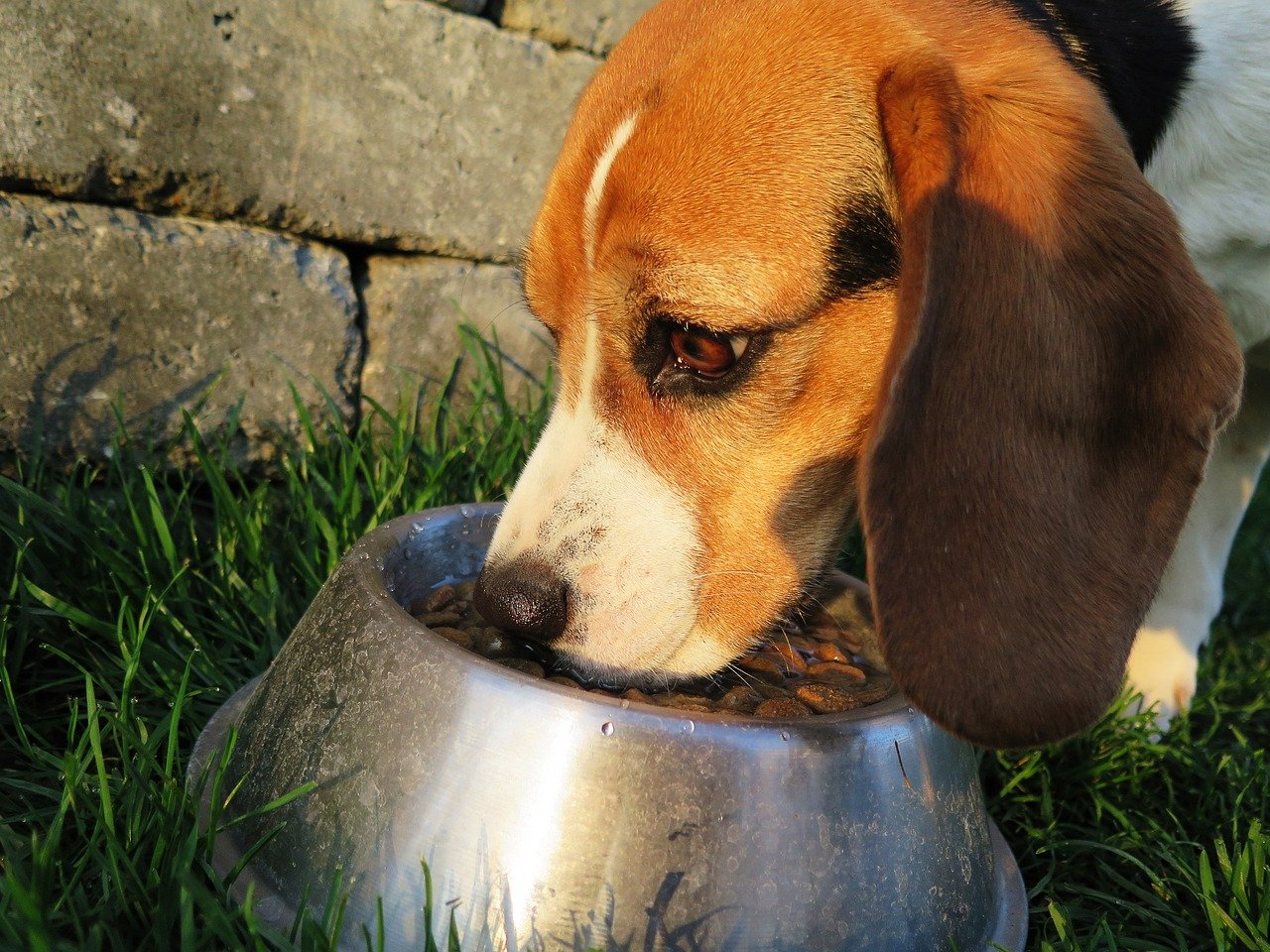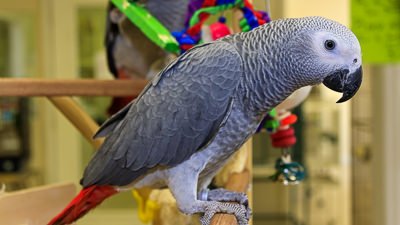Table of Contents
ToggleIntroduction: Best Food for Dogs with Allergies
Dogs also get the same food allergies as humans. The itching, digestive problems and discomfort are caused by these allergies. It is important to find the right food which can ensure the health of your pet. Allergens that trigger allergy reactions are found in most commercial dog foods.
Knowing what you should avoid and what you need to put in will help you to control your dog’s allergic conditions. To assist you in feeding your dog with allergies, this guide covers what constitutes the best dog food for dogs with allergies, and how to select the right diet.
Common Dog Food Allergens
Problems with other ingredients aside, some of the common allergens in dog food are beef, chicken, dairy, wheat, soy, and corn. These ingredients are in many of the commercial foods for pets. The symptoms include itching, ear infection, diarrhea, and vomiting, which can be had by dogs suffering from allergies.
An elimination diet is needed to know what allergen. The first part of dealing with a dog’s allergies is avoiding these common triggers. Search for limited ingredient diets that eliminate potential allergen to rule out the allergens and hence reactions.
Limited-Ingredient Diets
A diet that consists of limited ingredients so that fewer ingredients can cause an allergic reaction. The diets usually tend to be single protein source, and sometimes some carbohydrates. There are no artificial preservatives, no fillers, no unnecessary additives, and they do not contain bad compounds.
Try to search the brand that has every ingredient in the product list. They are excellent with duck, venison or rabbit new proteins. However, limited-ingredient diets are good for dogs that are food sensitive. They provide complete nutrition and aid at cutting down risk of attaining to allergens.
Hypoallergenic Dog Food
Dog food which is hypoallergenic is created to minimize allergic responses. Hydrolyzed protein means those foods break down into smaller components. That way, these pieces are easier to digest and less likely to provoke an immune reaction.
Novel proteins and plant based (or grain free) formulations are some brands that avoid common allergen. Switching to hypoallergenic food should be done with the advice of your vet. After a switch to a new diet, your dog may take a few weeks to see the improvements on his symptoms.
Grain-Free Diets for Allergic Dogs
Wheat, corn, and even soy can be a grain cause of allergic reactions in some dogs. These grains do not exist in grain free diets, in their place are subsitutes such as peas, sweet potatoes or lentils. These diets contain all the necessary nutrients but do away with common allergens.
Some grain free foods, however, are not well suited. Some may lack to have necessary nutrients or else they may merely contain fillers. It then always recommends you choose high quality, well balanced grain free dog food so that your pet is getting the proper nutrition that they need.
Raw Diets for Dogs with Allergies
A raw diet is composed of uncooked meat, bones and vegetables. This diet has helped many owners to cut down allergic reactions. A raw diet does away with fake ingredients, artificial additives and chemicals. What they provide are essential nutrients in their natural form.
Raw diets have to be well prepared though, to keep from being imbalanced. However, switching to raw is a change that should be made with the advice of a veterinarian. To avoid contamination and food borne illnesses, proper understanding and storage can be used.
Homemade Diets for Allergy-Prone Dogs
Among the good things, you are able to control the ingredients that will be found in your dog’s food. Dogs with severe allergies will benefit from these. Proteins of high quality like turkey, lamb or fish. Add them vegetables like; carrots, green beans and peas.
Masturbating until orgasm is common and easy to eliminate. Be sure diet should be sufficiently balanced with vitamins and minerals. A veterinarian or pet nutritionist will be able to give you advice regarding a meal plan that is tailored to your pet’s needs. The effort involved in homemade diets allows them to be safest for allergy prone dogs.
Novel Protein Diets
Novel proteins are uncommon sources of protein that are less prone to allergy. Venison, rabbit, kangaroo and duck are among these. These proteins are used in many commercial dog foods in varieties that are allergy friendly. Dogs allergic to common proteins like chicken or beef benefit from novel protein diets. Find high quality brands with little or no additives. A novel protein diet can take the place of switching to a new diet to help identify food sensitivities and provide relief from allergy symptoms over time.
Wet vs. Dry Food for Allergic Dogs
Regardless of whether you are feeding the pup wet or dry dog food, it is entirely possible that your pup has allergies. First of all, wet food is more hydrating and contains fewer preservatives. It is easier on the digestion and generally has fewer fillers. A dry food is more convenient and helps with dental health.
Pick hypoallergenic or lower ingredient formulations for both types. The only way is to read the labels on the ingredients very carefully to avoid those allergens. Your dog’s preference, dietary needs and health condition will determine the best choice.
Supplements to Support Dogs with Allergies
Allergies can be managed in a dog by supplements. Omega 3 fatty acids cut inflammation and help maintain good skin health. Probiotics promote healthy gut and strengthen the immune system.
Digestive enzymes help digest the food and also help reduce the allergic reactions. I always recommend consulting a veterinarian before giving supplements to your dog. The beneficial supplements complement the best diet to improve your health. Combined with well rounded approach, your dog will get relief from food allergies on a lasting basis.
Conclusion
To manage food allergies in dogs, one has to select careful ingredients. Reducing allergic reactions include feeding on limited-ingredient diets, hypoallergenic foods or novel proteins. Alternatives to sensitive dogs include raw and homemade diets as well as diets that are grain free.
Supplements can provide additional support. Prior to making any dietary changes, it is always recommended to consult with a veterinarian. Once you know the right food, your dog’s health and life quality will be improved. With the appropriate approach you can still keep your dog happy, healthy and free of allergy symptoms.






3 Responses